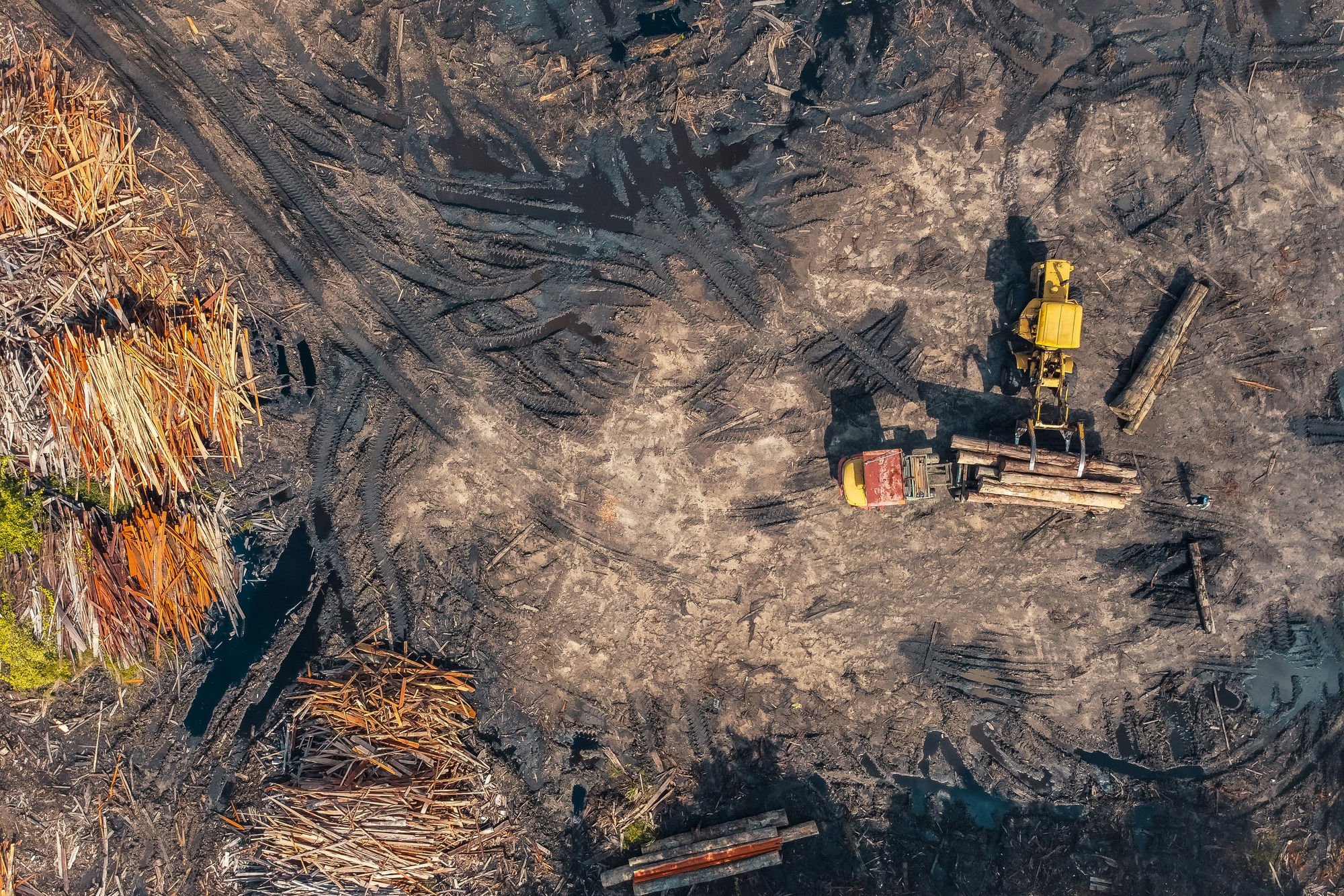UNIT 2

Questions, statements
There are three types of fossil fuel – coal, oil and gas.
- How big is fossil fuel’s role in our life?
- What fossil fuel impact?
Task, activity
Take a list of facts and read.
Global warming
Global sea level has risen about 8 inches (0.2 meters) since reliable record-keeping began in 1880. By 2100, scientists project that it will rise at least another foot (0.3 meters), but possibly as high as 8 feet (2.4 meters), if we continue carbon emissions at our current rate.
Effects | Facts – Climate Change: Vital Signs of the Planet (nasa.gov)
Disappearing glaciers, early snowmelt, and severe droughts will cause more dramatic water shortages and continue to increase the risk of wildfires in the American West. Rising sea levels will lead to even more coastal flooding on the Eastern Seaboard, especially in Florida, and in other areas such as the Gulf of Mexico. Forests, farms, and cities will face troublesome new pests, heat waves, heavy downpours, and increased flooding. All of these can damage or destroy agriculture and fisheries. Disruption of habitats such as coral reefs and alpine meadows could drive many plant and animal species to extinction. Allergies, asthma, and infectious disease outbreaks will become more common due to increased growth of pollen-producing ragweed, higher levels of air pollution, and the spread of conditions favorable to pathogens and mosquitoes.
Global Warming 101 – Definition, Facts, Causes and Effects of Global Warming (nrdc.org)
The impacts of climate change on different sectors of society are interrelated. Drought can harm food production and human health. Flooding can lead to disease spread and damages to ecosystems and infrastructure. Human health issues can increase mortality, impact food availability, and limit worker productivity. Climate change impacts are seen throughout every aspect of the world we live in. However, climate change impacts are uneven across the country and the world — even within a single community, climate change impacts can differ between neighbourhoods or individuals. Long-standing socioeconomic inequities can make underserved groups, who often have the highest exposure to hazards and the fewest resources to respond, more vulnerable.
Education | National Oceanic and Atmospheric Administration (noaa.gov)
Discuss!
Do you imagine that situation is so disturbing?
Have a look at ways to Stop Global Warming.
Discuss – what you can do?

Ways to Stop Global Warming
- Change a light
- Drive less
- Recycle more
- Check your tires
- Use less hot water
- Avoid products with
a lot of packaging - Adjust your thermostat
- Plant a tree
